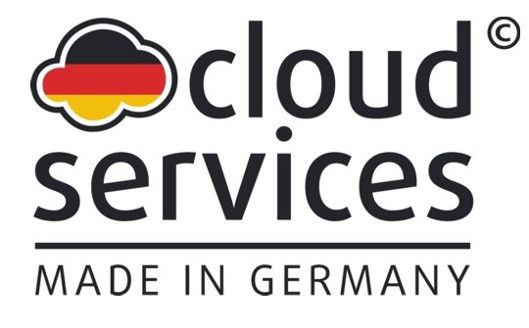or "How do applicants feel the company is treating him?"
Companies rightly expect applicants to submit a professional, error-free application when they respond to job advertisements. Every personel officer has already received applications that suggest that the candidate is not the one the employer wanted and wanted to be represented by.
Conversely, a candidate may expect his/her application to be treated in a professional and respectful manner. There is often a need for action here, especially in the case of SMEs (small and medium-sized enterprises).
Unprofessional are unambiguous:
- No notification of receipt
- No interim announcement on the status of the application
- No rejection notice
Even worse are promises that have not been kept (we will contact you by ....) or promises in job advertisements (modern equipment, competitive remuneration, ...), which are already exposed in the first interview as empty words.
In addition, applicants are surprised about spelling or grammatical mistakes in messages (receipt, intermediate notice, rejection). This is especially true for jobs where a good command of English is required. English language notices and cancellations are often reminiscent of the level of beginners in the first English classes.
These forms of action and action on the part of companies are unprofessional and lead to a negative perception of the employer with multiplier effect. After all, only one candidate is hired, all others are rejected and have an undesirable experience with the company, which they may disseminate. Kununu, XING's leading evaluation portal for employers, is only one way to express displeasure with a negatively perceived application process.
Only with luck you will not notice the damage to your reputation at first. At some point, however, fewer applicants become interested in the company, which also means that the employer brand is at risk.
What is to be done?
- First of all, a procedure must be defined for how invitations to tender are drawn up. It is important that all incoming applications only come together in one place. A job-specific e-mail address or an online application form are helpful. Response times for notifications to candidates must be defined and communicated bindingly to the decision-makers involved.
- Afterwards, responsibility must be regulated. For example, who is responsible for processing the notifications? From here, documents are routed to the decision-makers, scheduled and followed up.
- Text templates are then developed and made available as response forms for incoming applications and all documents related to the application process. These texts must be checked carefully in terms of both content and spelling. The basics of the AGG (Allgemeines Gleichstellungsgesetz) must be applied. The same applies to English-language communication.
Most of the above points are raised to a high process quality level through the use of a modern applicant management system. The company has to decide whether to outsource the operation of the system to its own personnel or to a HR partner. The latter avoids an investment in technology because the partner "brings" the system with him.
Alternatives are almost always inferior from a business point of view, since only a comparatively high level of personnel deployment and very good process descriptions can achieve the high process level of a professional application management system.
FEL will be happy to show you practical examples of how the use of an application management system can help improve your processes and protect your employer brand.








